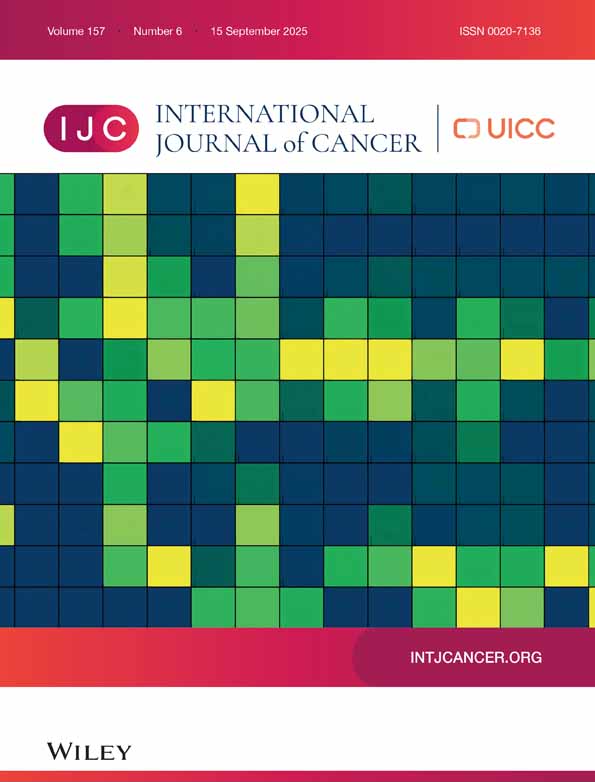Role of elevated temperature in malignant transformation of mammalian cells in vztro
Abstract
Rat embryo cells subjected in vitro to transient incubation at an elevated temperature (39° C) became transformed and induced fibrosarcomas in both homologous and heterologous hosts. Malignant transformation correlated with the occurrence of karyotypic changes which appeared long after incubation at 39° C and subsequent return to 37° C. Control cultures incubated at only 37° C did not show similar chromosomal changes or induce tumors and remained predominantly diploid during the same observation period. In contrast to rat embryo cells, marmoset monkey cell cultures incubated at 39° C did not develop characteristics of transformed cells.




